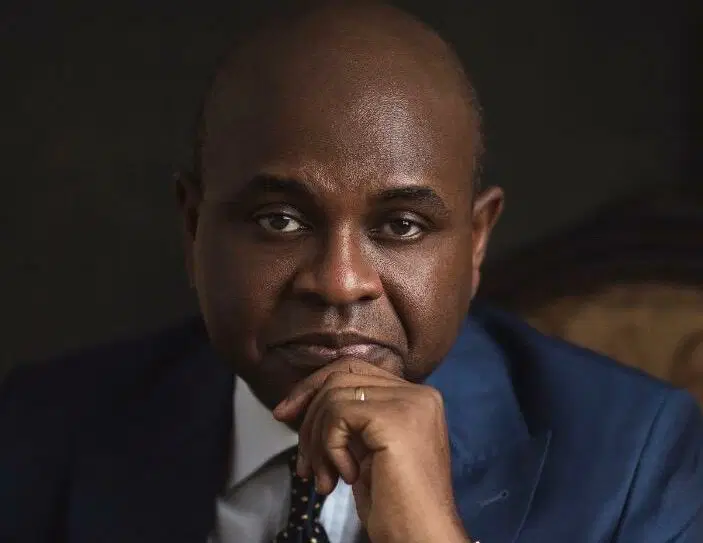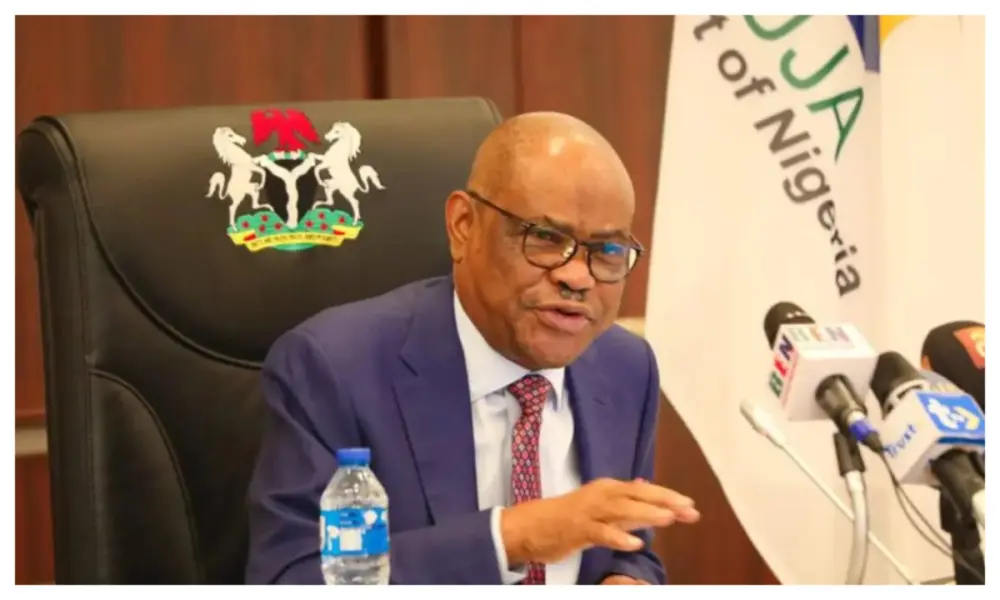President of the African School of Governance and a former Deputy Governor of the Central Bank of Nigeria, Kingsley Moghalu, has criticised the lack of originality and philosophical depth in Africa’s economic strategies.
Speaking on the theme “Leadership in Africa” during the Toyin Falola Interviews on Monday, Moghalu condemned the reliance on ineffective, borrowed ideas from the West that fail to address Africa’s unique realities.
Moghalu argued that many African governments adopt Western economic models without understanding their foundational principles, such as the distinction between shareholder and stakeholder capitalism. This, he said, leads to a mismatch between economic policies and the continent’s needs.
“The problem of economic management in many African countries is the emptiness of these economic management philosophies. As a central banker, my problem was with economic thinking in Africa. Economic thinking in many African countries is full of received wisdom that does not work.
“Everybody is a capitalist in Africa, but they do not even understand that capitalism is a philosophy. It has its ethics,” he said.
Moghalu emphasised the need for a coherent philosophical framework to guide Africa’s economic management, stating that successful economies are underpinned by ethical and philosophical principles. According to him, Africa’s current approach overlooks the interconnectedness of business, the economy, and state structures, which is critical for effective governance.
He noted how the West focuses on individual rights, scientific innovation and institutional strength while Asia’s approach is anchored in long-term planning, societal stability and prioritizing the collective over the individual.
Moghalu pointed out that Africa lacks a comparable foundation, leading to fragmented governance and economic systems.
Vanguard



